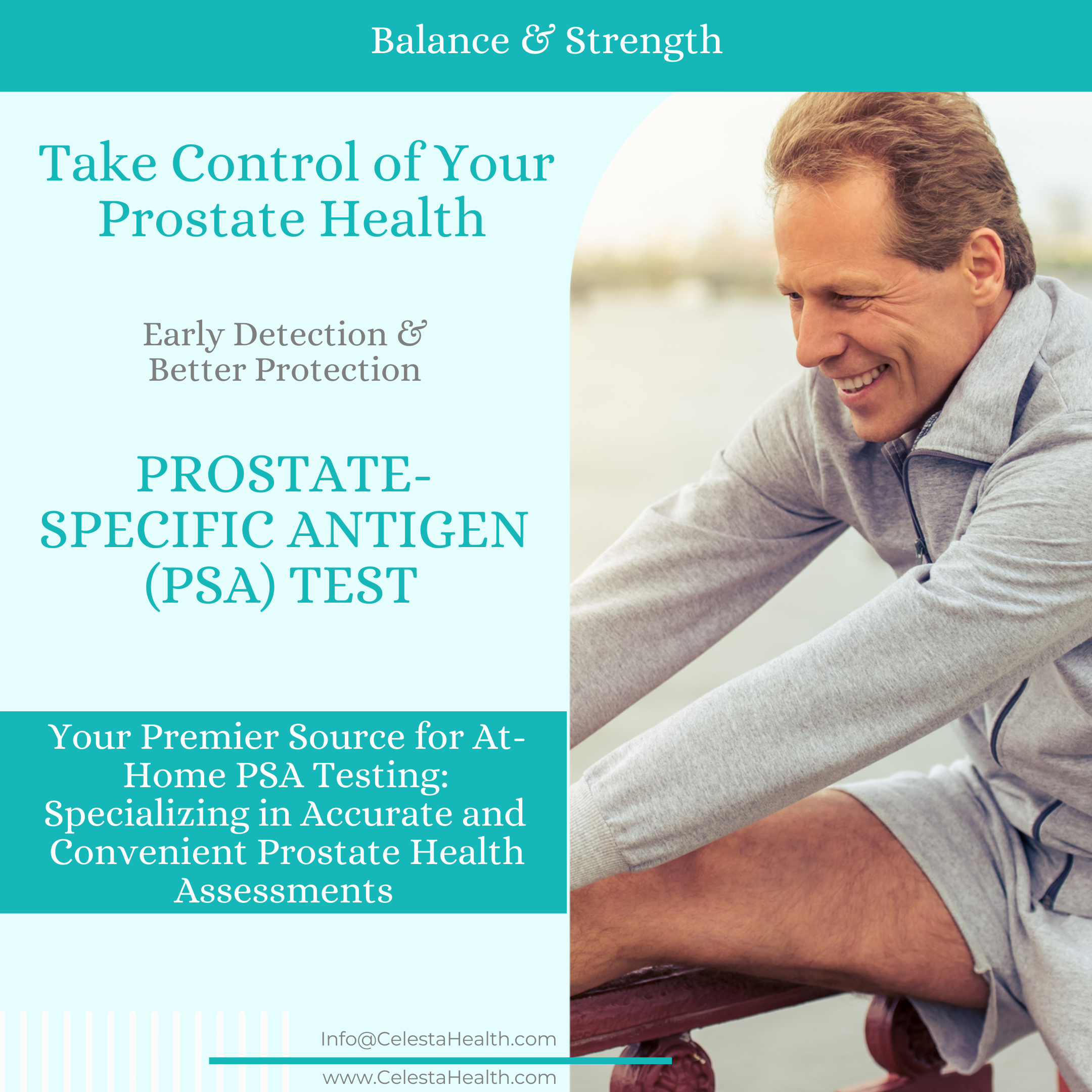Cardiac Wellness Check
$149.00
Convenient at-home Cardiac Risk Assessment combining Lipid Panel and hs-CRP tests. Gain comprehensive insights into your heart health. Quick results paired with expert consultation and guidance on potential cardiovascular concerns.
Secure Checkout
We encrypt all transactions.
CLIA Certified Lab
We meet & exceed all CLIA standards.
Access to Consultations
Consult with our Board-Certified Physicians.
Access to Coaches & Nutritionists
Award-winning Fitness & Nutrition Coaches.
What's Measured:
Lipid Panel: This evaluates levels of total cholesterol, low-density lipoprotein (LDL), high-density lipoprotein (HDL), and triglycerides in the blood. These metrics help pinpoint the risk of heart disease.
When to Test:
Existing Medical Conditions: Individuals with diabetes, hypertension, or a family history of heart disease should consider this test to monitor their cardiac risk profile.
Lifestyle Changes: If you've recently adopted a healthier lifestyle, quit smoking, or started medications to control cholesterol, this test can help gauge the impact of those changes.
Special Instructions: CRP (C-reactive protein) levels can be influenced by various factors, including infections, recent surgeries, or conditions that cause inflammation. Activities like heavy exercise and some medications—such as statins, NSAIDs, and hormone replacement therapy—may also affect CRP levels.
This CRP test might not be suitable for those with chronic inflammatory disorders, like rheumatoid arthritis or inflammatory bowel disease, as these conditions can lead to persistently elevated CRP levels.
Should test results show high levels of CRP, the CDC and the American Heart Association advise retesting after two weeks.
Discussing the findings with a healthcare provider for appropriate interpretation and considering any further necessary medical action is essential.
Fasting Requirement:
Follow your doctor’s advice on fasting, especially if you have health conditions that require attention.
Symptoms to Note:
Shortness of Breath: Difficulty in breathing could be indicative of heart disease.
Fatigue: Feeling excessively tired for no apparent reason can be associated with heart issues.
Irregular Heartbeats: Experiencing rapid, fluttering, or pounding heartbeats.




